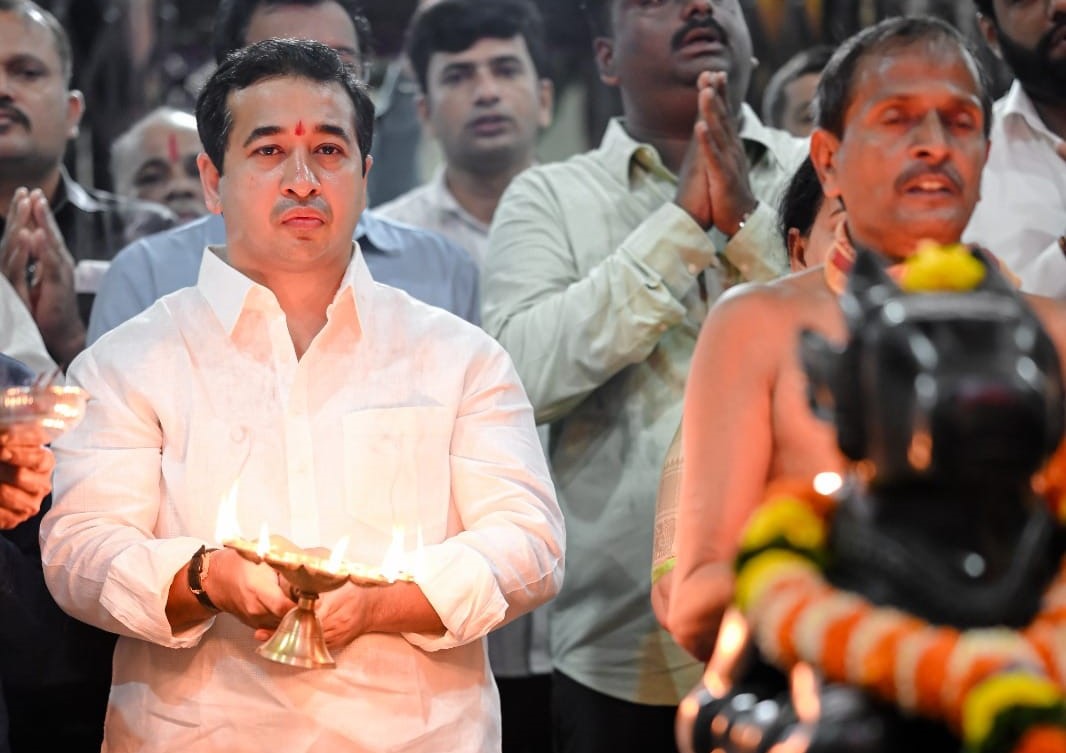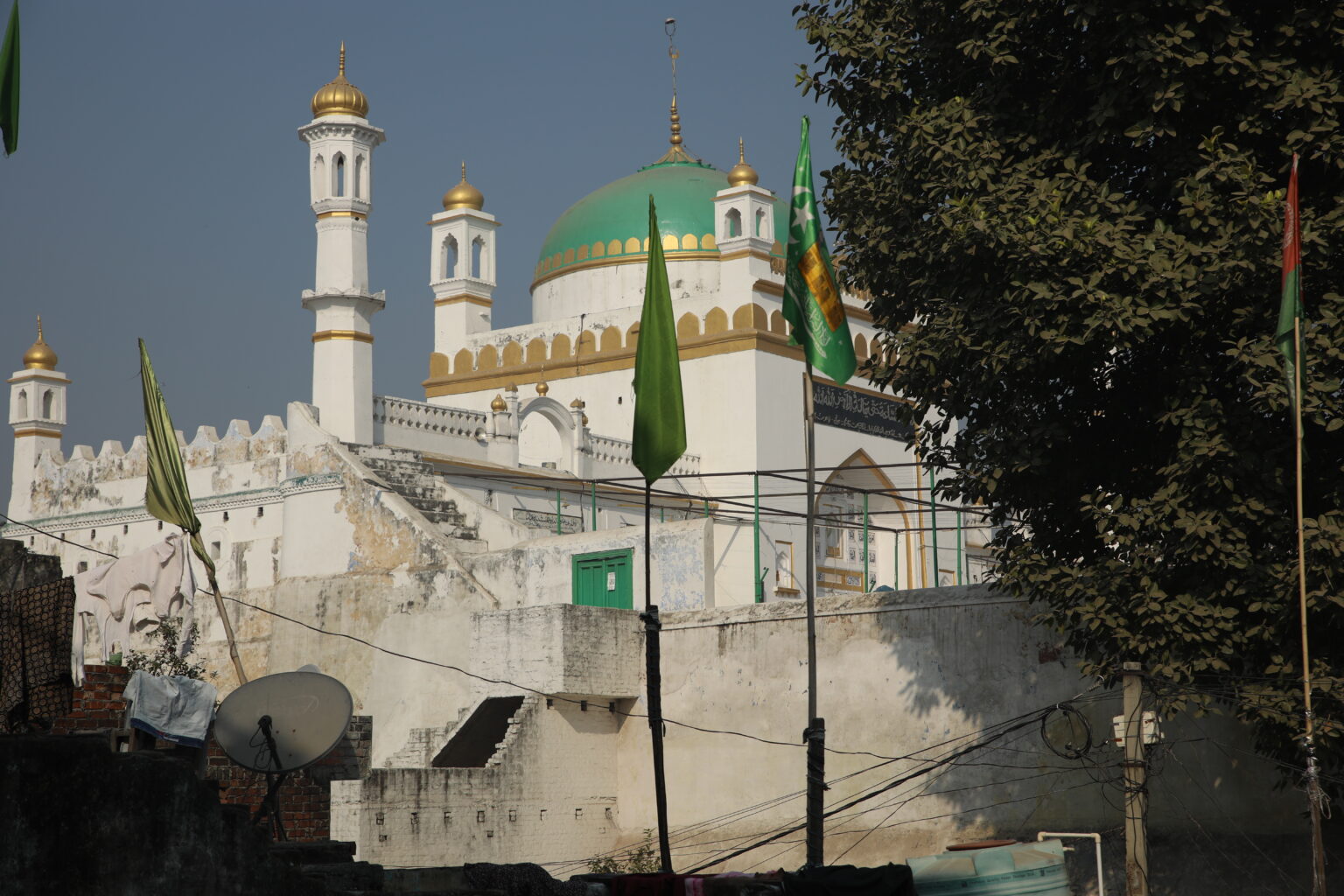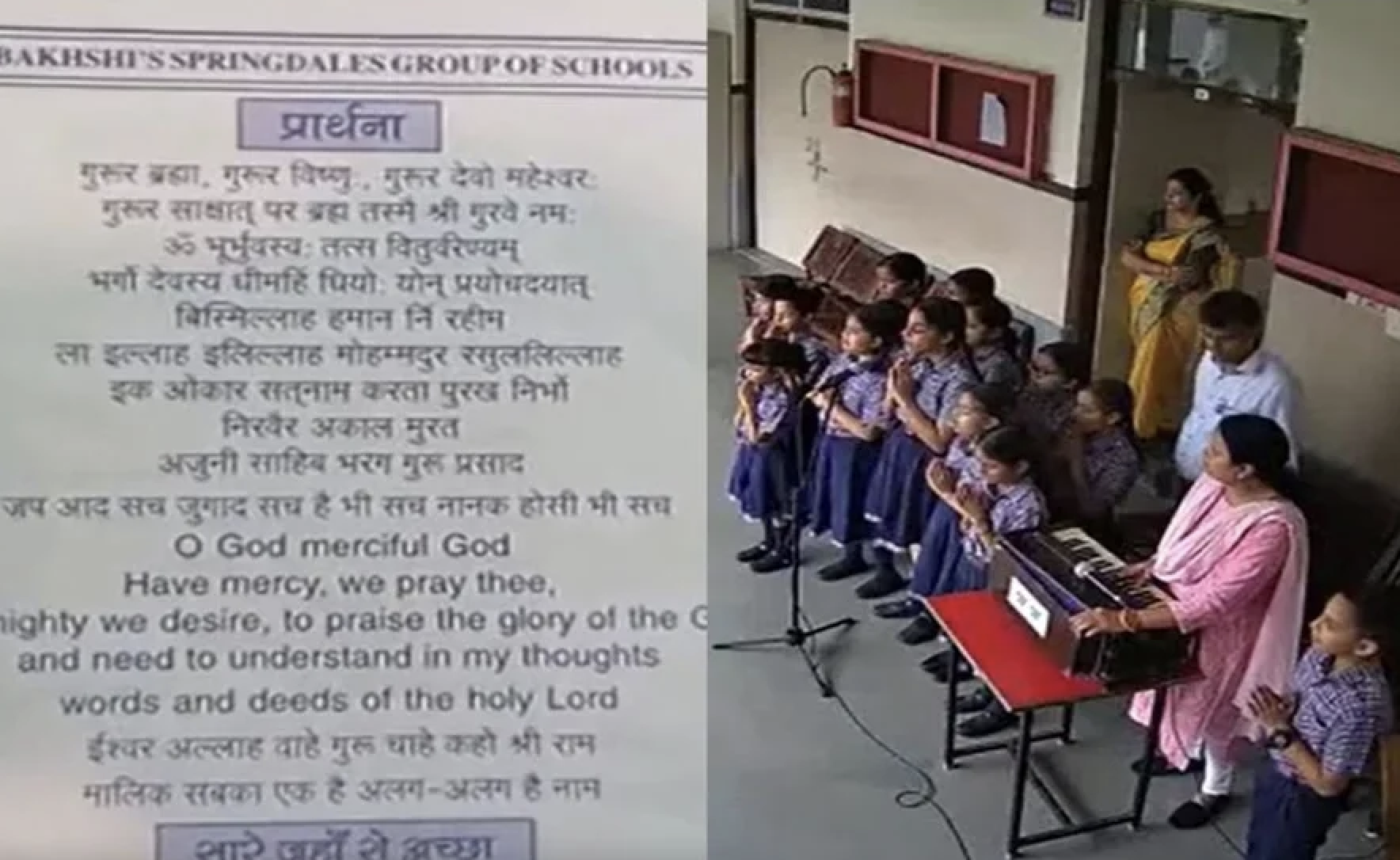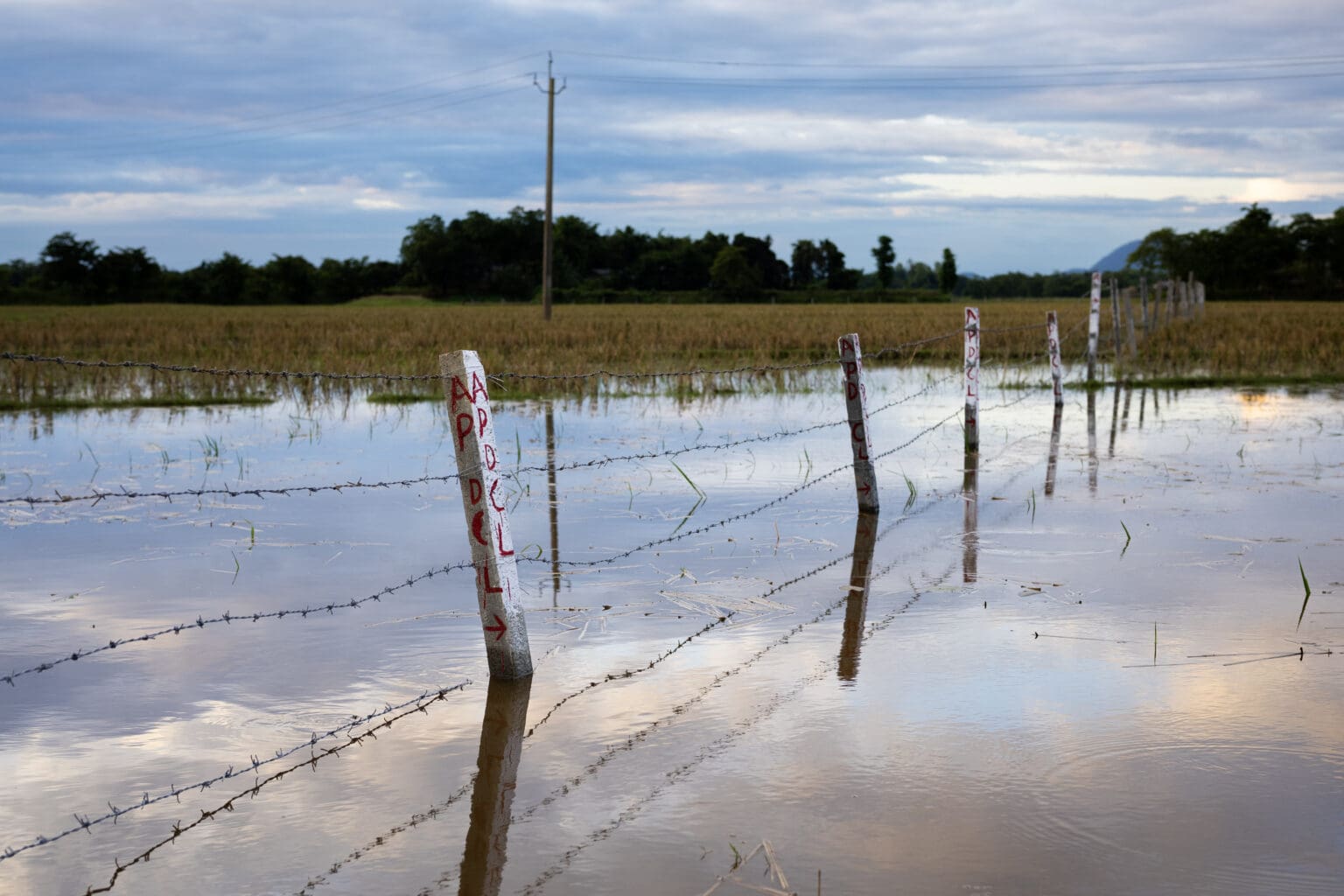On the day the Supreme Court upheld the revocation of Jammu and Kashmir’s special status, Parliament unanimously passed a bill that changes its electoral map in significant ways.
The Jammu and Kashmir Reorganisation (Amendment) Bill, 2023 gives the lieutenant governor the power to nominate three members to the Jammu and Kashmir legislative Assembly. Two of the members – one of whom should be a woman – must be from the “community of Kashmiri migrants”, and the third from the community of “displaced persons from Pakistan occupied Jammu and Kashmir”. The lieutenant governor will also nominate two women to the Assembly – a provision carried over from the constitution of the erstwhile state, which was split into two in 2019.
These five nominated members will be in addition to the 90-member-strong Assembly of the Union territory.
The new law is being billed as a measure to empower Kashmiri Pandits, thousands of whom were forced out of the Valley in the late 1980s by targeted militant violence against them. Union Home Minister Amit Shah, while speaking in the Rajya Sabha, said the bill was aimed at providing “rights to those who faced injustice”.
But the Kashmiri Pandit community appears to be divided about the possible benefits of the move. A better step, many of them say, would have been to reserve two to three seats in the Assembly for Kashmiri Pandits.
‘Not Kashmiri Pandits only’
The law itself does not allow nomination of Kashmiri Pandits alone – but those registered as Kashmiri migrants.
According to a 1997 law, the Jammu and Kashmir Migrant Immovable Property (Preservation, Protection and Restraint on Distress Sales) Act, any citizen of Jammu and Kashmir who has migrated from the Kashmir Valley or any other part of the state after November 1, 1989 and “is registered as such with the Relief Commissioner”, qualifies to be a migrant. Someone who has been unable to register with the Relief Commissioner but owns immovable property in the erstwhile state and is not able to reside there due to “disturbed conditions” is also considered a migrant.
This story was originally published in scroll.in. Read the full story here .






